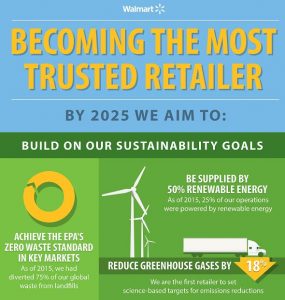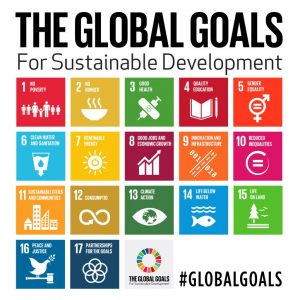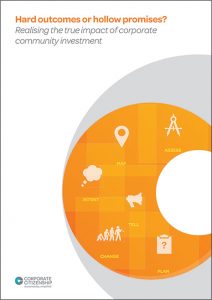It’s not exactly as easy as ABC, but ESG – Environmental, Social and Governance – is the key to investors getting traction on the behaviour of companies they own.

Forgive me if a note of grumpiness creeps into this comment. That’s entirely due to too much Trumpiness at present. But I just couldn’t resist giving a little tongue-in-cheek cheer when I saw this year’s Most Controversial Companies Report from RepRisk.
This identifies the ten companies most at reputational risk from governance problems like corruption and fraud, as well as environmental and social controversies. For once, the rating is based on a rigorous analysis rather than social media chatter or NGO high profile campaigns. The aim of the exercise is to raise awareness of the ESG risks that need to be addressed by global corporations.
To be honest, I’ve become a little fed up with the boosterism of the usual ‘most this’ and ‘most that’ rankings – like the one that named BMW as “the world’s most sustainable company” last year (since when was selling metal boxes powered by fossil fuels a sustainable business model?); or the one that advised investors the year before to back Volkswagen as “best in class… in terms of economic, environmental and social criteria” just days before that motor manufacturer’s systematic cheating caused a collapse in its share price. Continue reading











